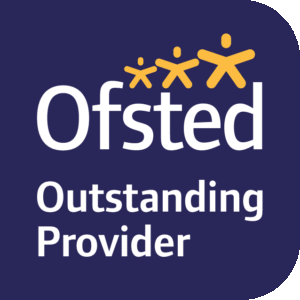The Engagement Model
Which pupils are on our Engagement Model curriculum pathway?
The pathway is for pupils who are consistently, over time not in the reaches of the National Curriculum.
The pupils may have a primary need of Communication and Interaction or have additional communication needs. Pupils can and will follow instructions to varying degrees.
By using the Engagement model class staff can look at each pupil’s engagement in different activities or tasks, and make adaptations to the curriculum or resources to further raise their engagement.
The 5 areas of engagement are:
exploration
realisation
anticipation
persistence
initiation
How has the curriculum been designed?
The curriculum is ambitious and coherently designed. There is no cap on learning. Staff follow the direction the pupils take learning but have in mind key knowledge, skills and ambitious vocabulary for pupils to strive to achieve.
A theme is taken for each half term eg. People, Places, Festivals and Celebrations, Animals, Plants.
Each unit of study has a medium term plan which includes:
Links to Prior and Future experiences
How adults promote engagement (links to the 5 areas)
Skills and knowledge to be developed – skills, knowledge, aspirational vocabulary



























